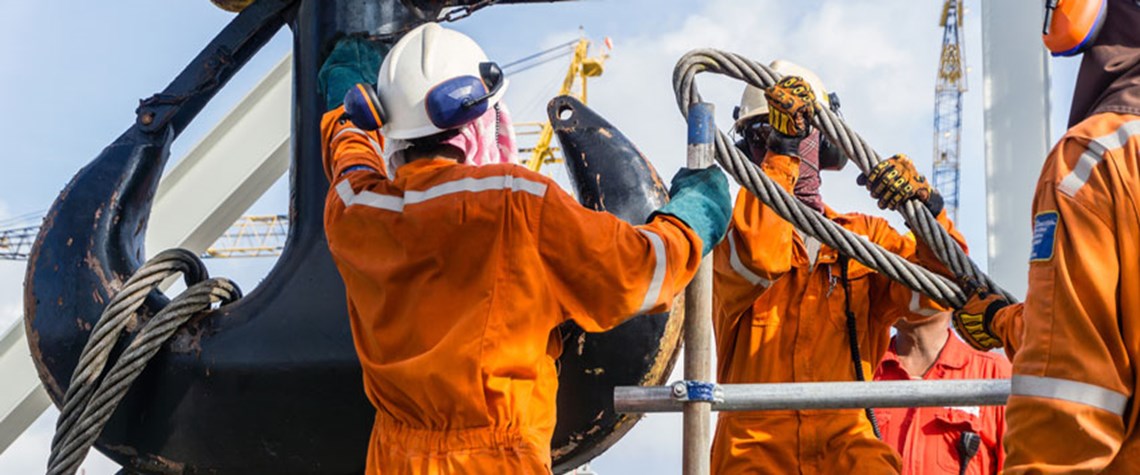Opportunity knocks for collaboration increase
Oil and gas can improve its economics and decarbonise its value chain—and achieve those wins quickly—through changing its working practices
The oil and gas industry strives to minimise its carbon footprint and increase its safety, productivity and reliability, while also tackling costs. More sustainable or safer solutions can, though, be costly and may not result in higher productivity. These trade-offs are of a particular concern against a backdrop of high price volatility and an urgent need for profitability to fund reducing emissions in the short and long term. But these challenging circumstances also present an opportunity to revisit established ways of working and to reposition the industry for the long term. And there are avenues that can advance these key imperatives without the need to choose between the environment, saf

Also in this section
8 May 2024
Despite Australia’s first import terminal nearing completion, the prospect of additional regasification projects is far from certain
7 May 2024
Ample stocks and a soft demand outlook will limit how much LNG Europe can import this year
3 May 2024
Upcoming elections are likely to deliver a win for the party of president Andres Lopez Obrador, but analysts differ over to what degree his successor will stick to his energy policies







